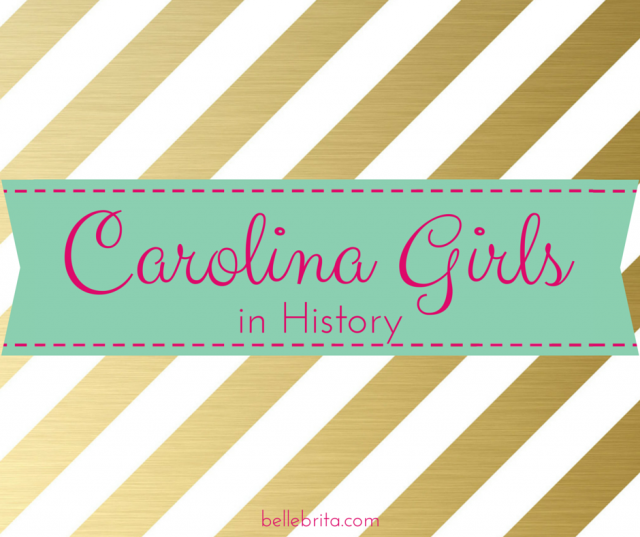Some of my clearest childhood memories relate to the books I read, as I was a voracious reader at a young age.
In particular, I remember reading a series of biographies of famous Americans as children. I read every single one my school library owned, and I noticed that only a few of them were about women. In fact, looking at the entire list available (and understandably, my library lacked the whole collection), just 21 of the 65 books are about women. I could tell you about Babe Ruth, Lou Gehrig, Jesse Owens, and Jim Thorpe before I had ever heard of Alice Paul, Lucy Stone, or Elizabeth Cady Stanton.
I have no idea exactly when I started calling myself a feminist, but I started to recognize sexism when I was just in elementary school.
Where were all the women?
Did women just not exist in history?
The absence of women in my textbooks only became more apparent as I grew older. My teachers quickly realized that I would ask for an exception to certain research assignments–primarily due to the number of times those assignments focused exclusively on men.
At Furman University, I double-majored in History and in French, with a concentration in Women’s and Gender Studies. My professors nurtured and encouraged my interest in women’s history. I even took three WGS history courses:
- U.S. Women’s History
- Women in European History
- Gender History of South Asia
While my other history courses focused on specific time periods or geographic regions, I still relished any open-ended research assignment so that I could write about women or gender.
I’ve been out of school almost six years now, but I’ve never stopped learning about women’s history. This month, I invite you to join me in my passion for women’s history by celebrating Women’s History Month.
As a Carolina girl, born and raised, here are just a few of influential women to come from my home state.
Eliza Lucas Pinckney, influential businesswoman during colonial times
Angelina and Sarah Grimke, abolitionists and feminists
Eartha Kitt, singer and activist who stopped performing for segregated audiences
Cassandra Maxwell, first black woman admitted to the SC Bar
Nikki Haley, first female governor of SC
Brita Long, (eventual) world-famous writer and activist
If you want to learn more about women’s history, I encourage you to check out this month’s The F-Word with Kelly and Kiersten, with the optional prompt in honor of Women’s History Month.


Those classes sound like they would have been REALLY interesting!
They were great! I learned so much!
Gender History of South Asia sounds intriguing! And that’s interesting/sad about the biographies. I used to love those Dear America books back in the day because of the female perspective.
I read so many of those in middle school! I regret donating most of my collection of The Royal Diaries (the princess versions of Dear America). I’ve been a little too over-zealous in the past when cleaning out my stuff.
The ones I linked above were geared younger, though, like 7-9. I read all of them in the 3rd grade.
What a wonderful way to promote Women’s History Month. Thank you for sharing your personal history of curiosity and discovery and for linking your post up at This Is How We Roll Thursday.
Thanks for commenting!